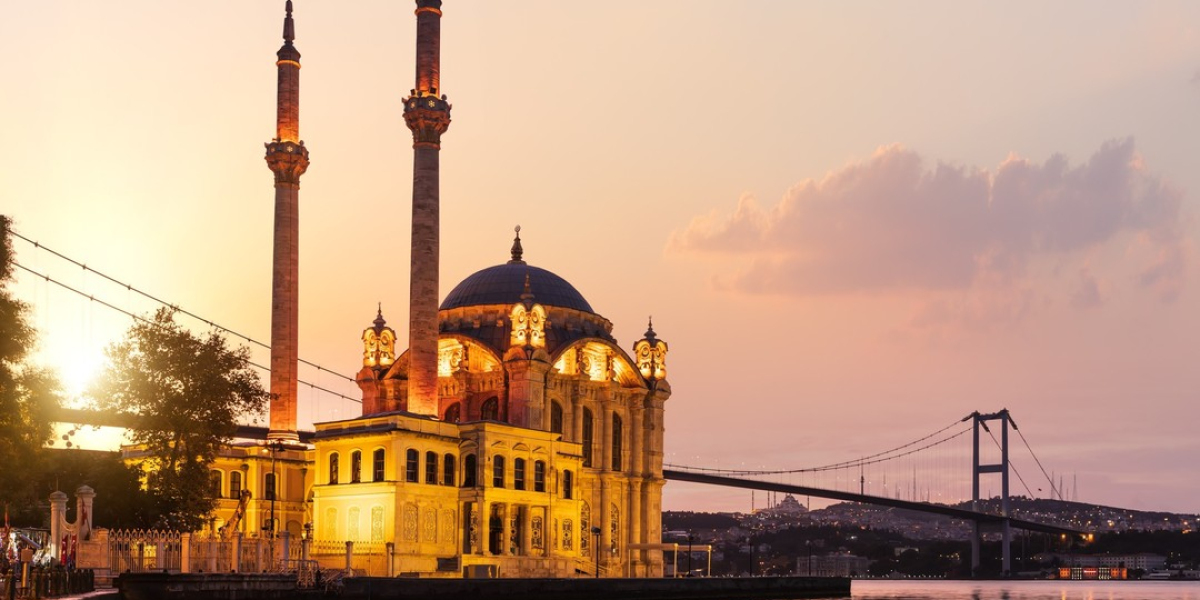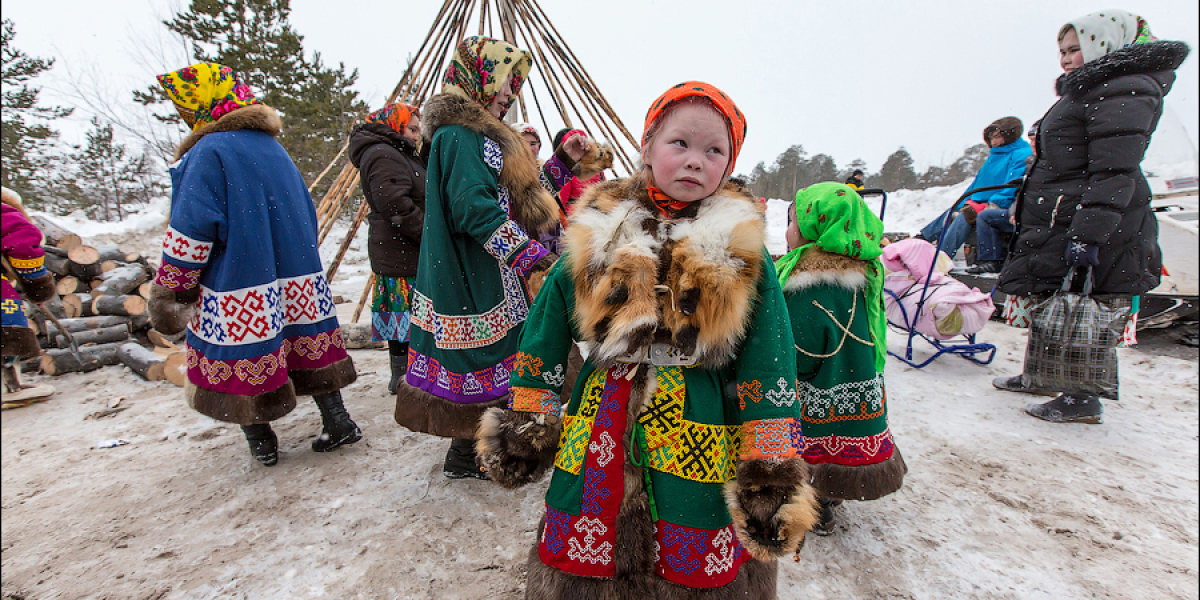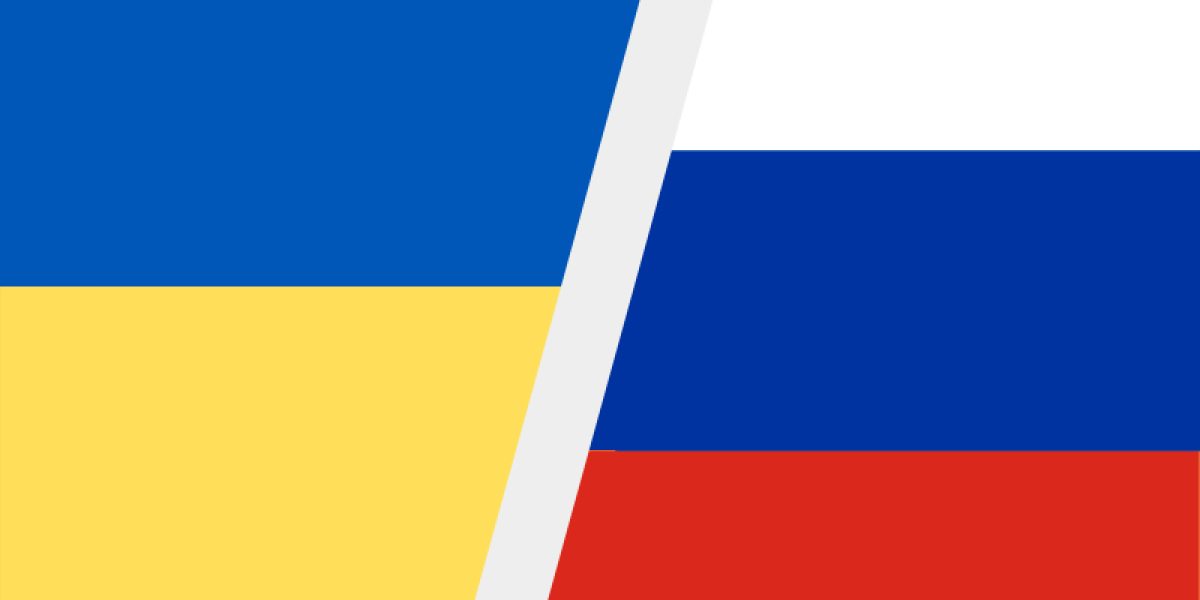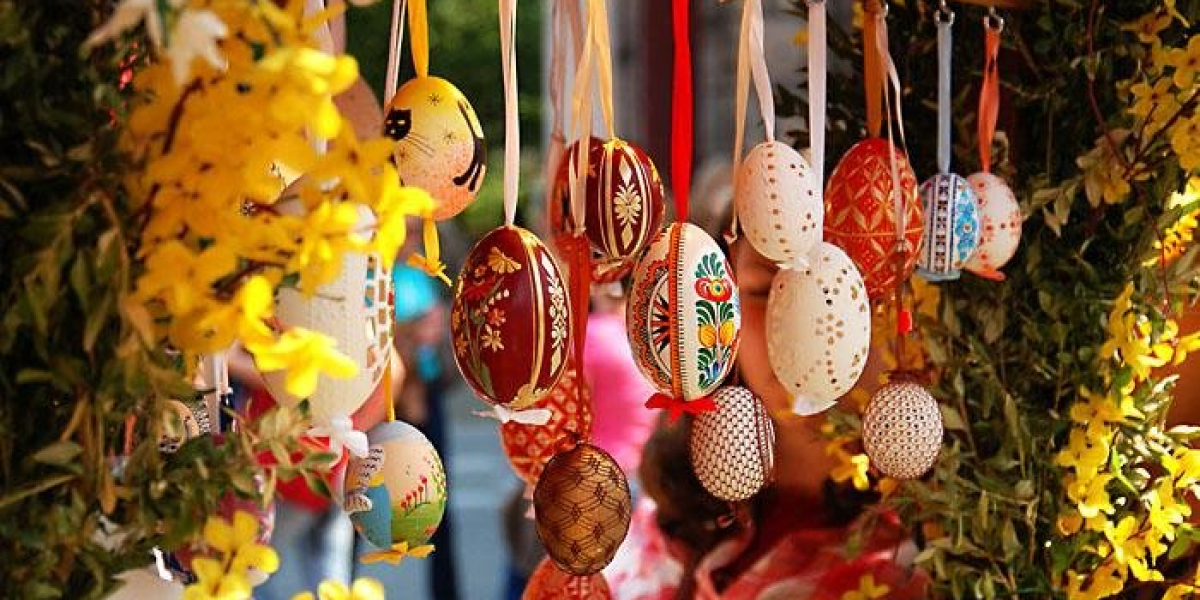Ramadan is one of the most important religious rituals that is performed by almost 1.8 billion Muslims all around the world. If you have a Muslim friend or circle, and you want to show respect for their belief, or understand them better, we have compiled 7 facts about Ramadan for you.
1. When Is Ramadan?
Ramadan’s time is calculated according to the lunar calendar. The main difference between our Gregorian calendar and lunar calendar is that each lunar month is shorter compared to the solar months. This difference corresponds to ten days every year. In other words, Ramadan starts 10 days earlier than the previous year.
2. What Is the Purpose of Ramadan?
Ramadan, in other words, fasting is one of the five core practices of Islam. Other core practices include prayer, faith, charity, and pilgrimage to Mecca. It is also a tradition that began during the lifetime of Prophet Mohammad, which is the last prophet of Islam. During this full month, all Muslims fast.
3. What Is Fasting?
Fasting is a practice in which people do not eat or drink and Muslims fast every day of Ramadan. This practice starts at dawn and ends at dusk. Before dawn, Muslims eat their last meal for the following day, and this is called suhoor. Right after dusk, they can eat their first meal of the day, which is called iftar.
4. Are There Any Specific Foods to Eat During Fasting?
There are no special rules for eating anything specific during Ramadan or fasting. The things Muslims enjoy in their suhoor or iftar generally vary depending on their country or culture. However, most Muslims eat dates in their iftar meal. The date is high in sugar and full of nutrients.
5. Is It Obligatory to Fast?
Although fasting during Ramadan is obligatory, there are certain exceptions. If you are traveling or your health is not okay, you do not have to fast. In addition to this, breastfeeding women and women on their periods cannot fast as well.
6. What Are the Benefits of Ramadan?
Fasting is a practice that tests body and mind by teaching people to be patient to engage in their daily activities. Another important reason for fasting is it helps people to empathize with poor people who struggle to find something to eat. It also brings families together and shares the same table.
7. Special Ramadan Greetings
If you want to surprise your Muslim friends during Ramadan, you can wish them, Ramadan Kareem or Ramadan Mubarak. These are Arabic greetings, which can be translated as Have a Blessed Ramadan.










